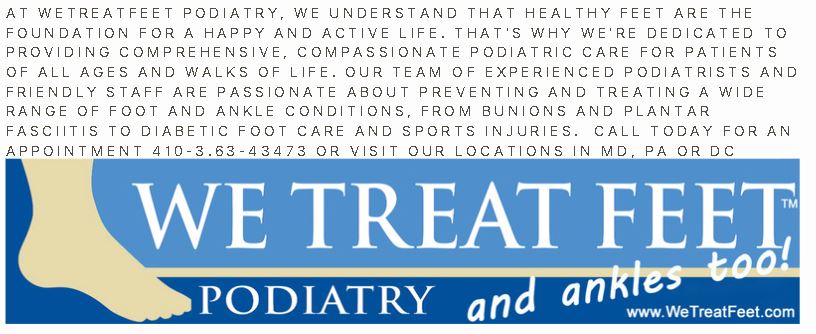Surgical Options for Bunions and Hammertoes: Know Option #1, #2, and #3

Bunions and Hammertoes Surgical Options
Are you struggling with persistent foot pain caused by bunions or hammertoes? You’re not alone. These common foot deformities affect millions of Americans, often leading to discomfort and difficulty wearing shoes. While conservative treatments can help in some cases, surgical intervention may be necessary for long-lasting relief. In this comprehensive guide, we’ll explore the top three surgical options for bunions and hammertoes, helping you make an informed decision about your foot health.
Option #1: Minimally Invasive Bunionectomy
The Minimally Invasive Bunionectomy has revolutionized bunion surgery, offering patients a less invasive alternative to traditional procedures. However, it is not always right for everyone. This cutting-edge technique uses smaller incisions, to realign the big toe without fusing the joint. It can be more expensive than traditional bunion surgery and offers some limited benefits when compared to traditional methods.
Minimally Invasive Bunionectomy does offer the potential to:
- Reduced scarring
- Faster recovery time
- Preserved natural toe movement
- Comparable or better correction results than open procedures
Option #2: Joint Resection for Hammertoes
Joint resection is an effective surgical option for patients with rigid hammertoes. During this procedure, the surgeon removes a portion of the affected joint, allowing the toe to straighten.
Key aspects of joint resection:
- Performed under local anesthesia
- May involve temporary pin insertion for stability
- Pins are typically removed after a few weeks[10]
This technique is particularly beneficial for patients with severe hammertoe deformities that haven’t responded to conservative treatments.
Option #3: Fusion (Arthrodesis)
Fusion, or arthrodesis, is a surgical option often recommended for patients with severe bunions or rigid hammertoes. This procedure involves removing part of the problematic joint and using screws, wires, or plates to join the bones together permanently.
Advantages of fusion:
- Provides long-term stability
- Effective for severe deformities
- Can address both bunions and hammertoes.
While fusion results in reduced joint flexibility, many patients find the trade-off worthwhile for the significant pain relief and improved foot function it provides.
Choosing the Right Option for You
Selecting the most appropriate surgical option depends on various factors, including:
- The severity of your bunion or hammertoe
- Your overall foot health
- Your lifestyle and activity level
- Your surgeon’s recommendation
At We Treat Feet Podiatry, we understand that every patient is unique. Our team of expert podiatrists will thoroughly evaluate your condition and discuss all available options to create a personalized treatment plan that best suits your needs.
Why Choose We Treat Feet Podiatry for Your Foot Surgery
When it comes to foot and ankle care, experience matters. At We Treat Feet Podiatry, we pride ourselves on:
- State-of-the-art facilities
- Advanced surgical techniques
- Comprehensive pre- and post-operative care
- A patient-centered approach
Our commitment to excellence has earned us a reputation as a leading podiatry practice in Maryland, Pennsylvania, and Washington DC. Don’t let foot pain hold you back any longer – schedule a consultation with one of our skilled podiatrists today.
Take the Next Step Towards Pain-Free Feet
Ready to explore your surgical options for bunions and hammertoes? Visit our Google My Business page to learn more about our services, and find our convenient location. You can also book an appointment directly through our website or give us a call at 410-363-4343. YOU CAN ALSO SEND US A TEXT!
Don’t let bunions and hammertoes control your life. With the right surgical approach, you can regain your foot health and get back to doing the activities you love. Trust the experts at We Treat Feet Podiatry to guide you through your journey to pain-free feet.
Types of bunion procedures: Austin, Kalish, akin, chevron, tailors, scarf, footcare, painful bunion, severe, osteotomy

